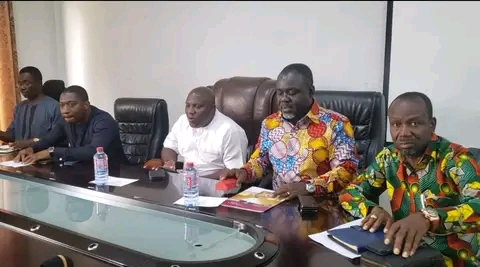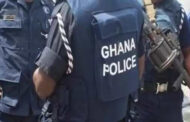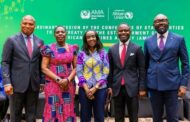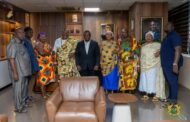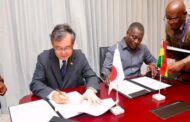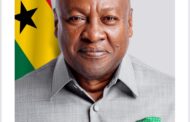The Ministries of Transport and Energy in collaboration with the Eastern Regional Cor-ordinating Council on Monday 10th July 2023, held a one-day stakeholder consultation on electric vehicle policy and its implementation in the Conference Hall of the Regional Co-ordinating Council.
The objective of the consultation was to shift away from petrol and diesel fuels to a finer alternative to reduce carbon emissions in the country.
This would lead to the improvement in health condition in humans while promoting clean energy usage.
In his welcome address, the Eastern Regional Minister, Hon. Seth Kwame Acheampong noted that, the alarming rate of carbon emission from the transport sector was very high and needs an urgent attention to reverse the negative trend.
The Hon. Minister added that the Region was strategically positioned to hold such an important national engagement aimed at harnessing ideas from diverse backgrounds to develop a workable solution to address contemporary problems confronting the nation.
The Deputy Minister for Energy, Hon. Herbert Krapa, in a remark stated that transportation remains a major contributor to carbon emissions globally and added that Ghana must have a suitable and sustainable transportation system going forward which is free from carbon emissions to the use of more efficient energy sources. He emphasized the need for electric vehicles in place of internal combustion engines that would help reduce carbon dioxide emissions.
He said the government is determined to achieve near-zero carbon emissions by the year 2070 and that the transport sector remains top priority for that vision.
In a statement, the Minister for Transport, Hon. Kwaku Asiamah, noted that the transport sector was vital to a robust economy and key to social cohesion.
The Transport Minister hinted that, his ministry has acquired support from the Climate Technology Centre Network and the UNEP Copenhagen Centre on climate change based in Denmark to ensure the country tackles air pollution due to the use of fossil-fuel vehicles.
Hon. Asiamah noted that, it was necessary that Ghana was left behind to ensure that the country does not become a dumping ground for fossil-fuel vehicles.
The program was attended by various transport corporative unions, institutions and agencies, the traditional authorities and heads of various departments.



